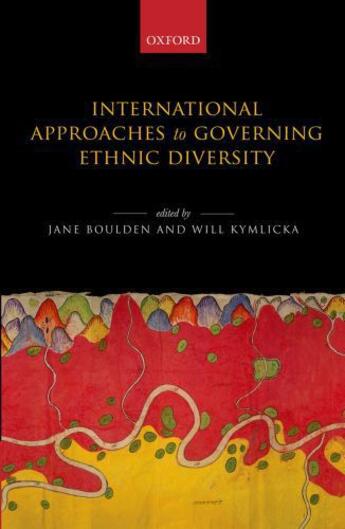-
Nombre de pages : (-)
-
Collection :
(-)
-
Genre :
(-)
-
Thème :
Non attribué
-
Prix littéraire(s) :
(-)
Résumé:
One of the most remarkable features of the post-Cold War period has been the upsurge of international involvement in questions of ethnic diversity. From the United Nations and the European Court of Human Rights to diverse international philanthropic and advocacy organizations, a wide range of... Voir plus
One of the most remarkable features of the post-Cold War period has been the upsurge of international involvement in questions of ethnic diversity. From the United Nations and the European Court of Human Rights to diverse international philanthropic and advocacy organizations, a wide range of international actors have adopted policies and principles for addressing questions of ethnic rights, identity, and conflict.
International Approaches to Governing Ethnic Diversity explores whether and how these international actors contribute to the peaceful and democratic governance of ethnic diversity. It focuses on two broad areas of international work: the evolution of international legal norms regarding the rights of minorities and indigenous peoples, and international approaches to conflict and post-conflict development. The book charts new territory by mapping the range of international actors who affect the governance of ethnic diversity, and exploring their often contradictory roles and impacts. Most international actors come to questions of ethnic diversity indirectly and reluctantly, on the basis of widely varying mandates many of which were established to fulfill other objectives.They naturally therefore have different priorities and perspectives. And yet, the book identifies a striking convergence amongst international actors around discourses of diversity and equality, demonstrating the existence of an epistemic community where actors work within common vocabularies, discourses and principles that attempt to link human rights, pluralism, development and peace.
Donner votre avis














